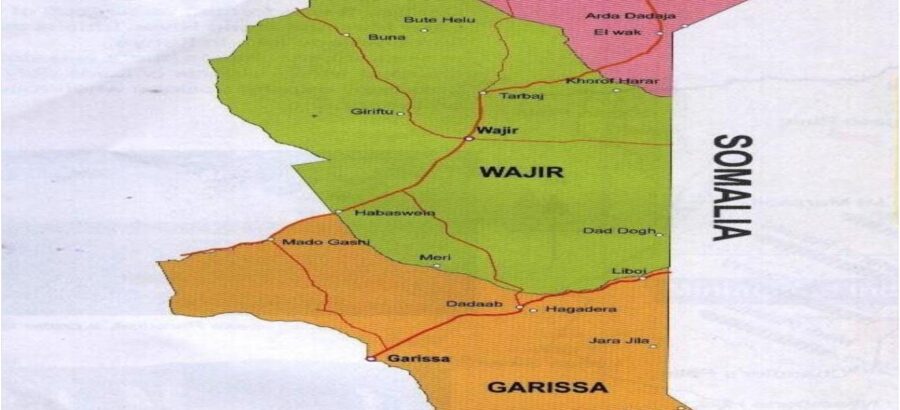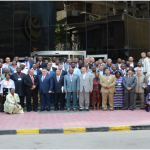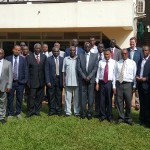As livelihoods of the pastoral and agro-pastoral communities in north-eastern (NE) Kenya are dependent on livestock production, particularly the goats of breed galla, that are kept by the Somali and Boran communities of Kenya; and are among the major livestock types kept by most households that have livestock in the region where livestock and the goat, in particular, are important in the socio-cultural and economic lives of the local people. For the attached importance, a comprehensive goat value chain study was conducted in 3 counties of Garissa, Mandera and Wajir in Kenya to review and assess the current goat value chains in ASALs of north-eastern Kenya in order to identify the critical constraints and explore opportunities for goat value chain development.
In April 12th, 2016, the IGAD Centre for Pastoral Areas and Livestock Development (ICPALD) successfully organized and validated this study at Amber Hotel in Nairobi that was attended by the participants from the 3 counties, NGOs and development partners operating in those counties.
The objectives of the goat value chain study in the pastoral and agro-pastoral areas of Kenya are summarized as follows: (a) Mapping out key goat value chain actors from production to the terminal markets in Kenya, particularly from pastoral and agro-pastoral areas; (b) Identifying constraints facing the sub sector and delineating commercialization opportunities along the value chain; (c) Making recommendations for upgrading goat value chains from ASAL areas of Kenya, with a focus on NE Kenya.
The study made important recommendations to guide ICPALD and the Government of Kenya future interventions in the goat value chains in the ASALs of north-eastern Kenya. These include; (i) targeting youth and women as the quickest way to improve livestock value chains through home-based feed processing, milk and milk products production, marketing and fattening of goats (ii) putting disaster risk reduction and mitigation measures in place to enhance potential for goat value chain development (iii) encouragement of income diversification through commercial poultry keeping in order to enable the goat to climb up the ladder of investment (iv) access markets that work for poor and enhance resilience (v) produce improved and selected goat breeds for national and regional markets (vi) develop national markets and work closely with the importing countries to enhance transparency and trust regarding requirements (vii) formulate country policies for the benefit of counties based on their livestock development priorities (viii) encourage public-private partnership (PPP) arrangements in livestock value chains and related areas such as fodder and animal health care value chains (ix) encourage cross-country programming for livestock marketing between Kenya-Uganda-South Sudan-Ethiopia-Somalia (x) encourage commodity-based livestock marketing and trade; and (xi) invest in capacity development for all goat value chain actors.
IGAD /ICPALD acknowledges and appreciates the provided financial support from the Danish Government.






